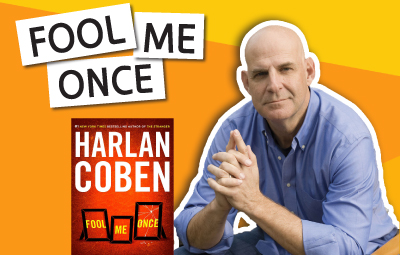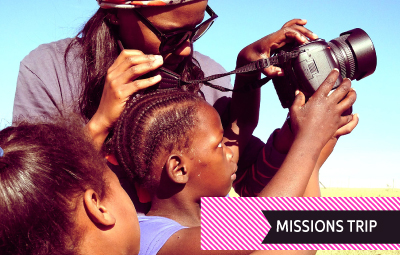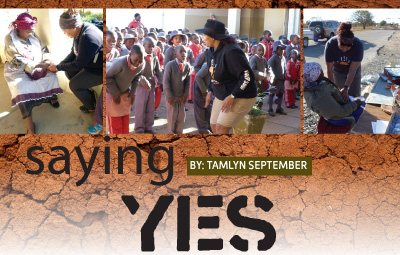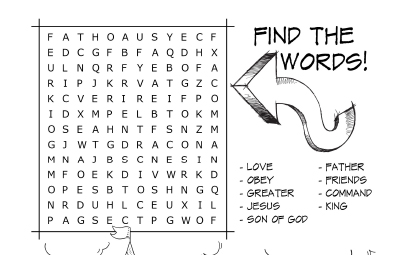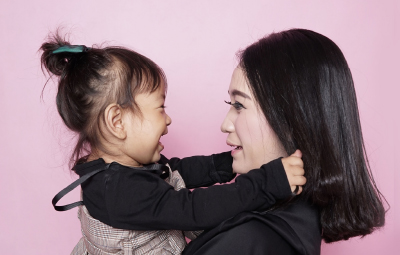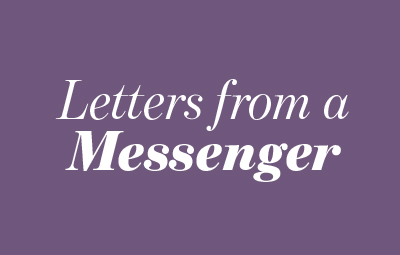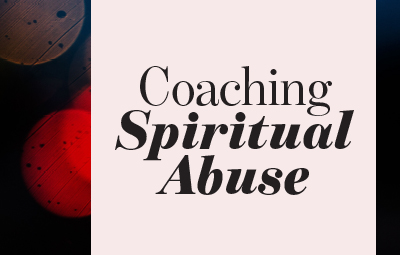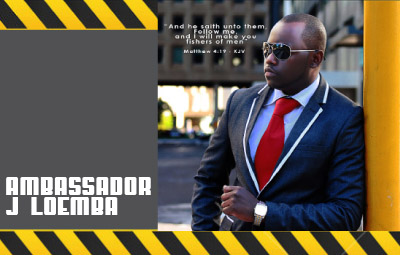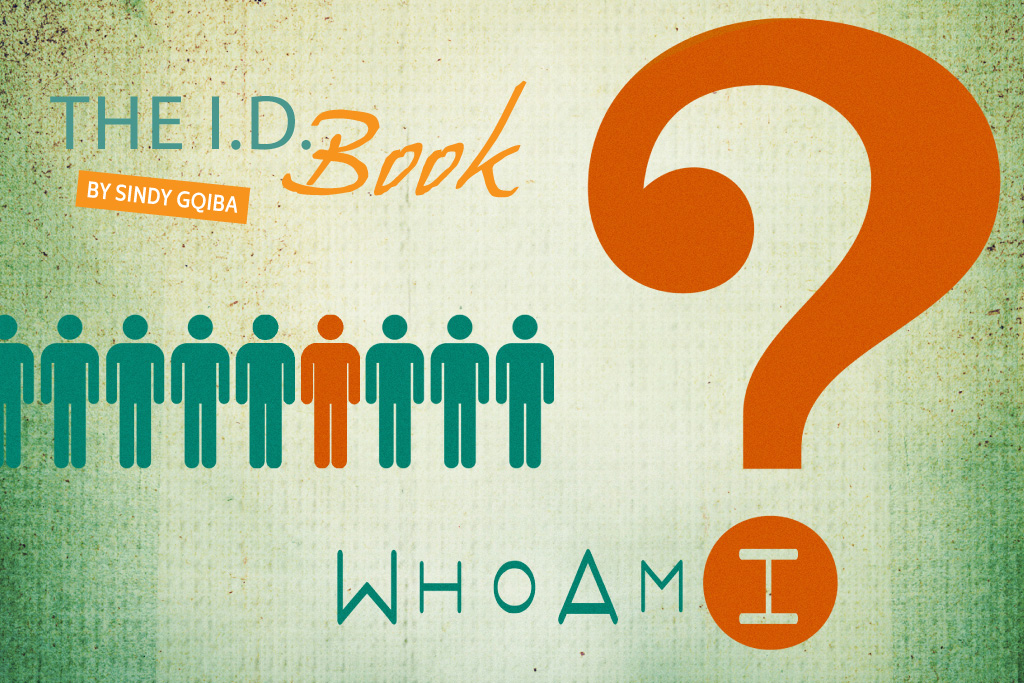
When parents are faced with the agonizing questions of, "Can I do anything about the predicament we have in education?" or, "How can I take control of the daily anguish we experience in the school day of our child?" or, "My child is not thriving, my child is cutting himself out of desperation in school," then I suggest they honestly answer three questions asked in this article followed by a bold step of action.
There is no need that parents torment themselves daily with feelings of powerlessness when a child, at an institution for learning, is not learning at all, or even worse, when the child is actually hurting and spiralling down into deep depression and bleakness.
Angie Motshekga, the Minister for Basic Education, has called South Africa's education system a "national catastrophe" and a "crisis" (ewn.co.za/Topic/Minister-Angie-Motshekga). The family-affirming United Nations Convention document on the Rights of the Child, which is now 24 years old, states that "the family has the primary responsibility for the nurturing and protection of children and that children, for the full and harmonious development of their personality, should grow up in a family environment and in an atmosphere of happiness, love and understanding."
It further states that "the family, as the fundamental group of society and the natural environment for the growth and well-being of all its members and particularly children, should be afforded the necessary protection and assistance so that it can fully assume its responsibilities within the community"
(ohchr.org).
In the light of this parents should answer three essential questions:
1. It is not time that as parents we stand up for our values?
2. Do we know the design of the child and are we acting in the interest of the child?
3. Are we making the mental shift to change our approach in the education of our child so that he or she can be assured of a job in this country?
Let us do a quick test: imagine three empty glasses that you need to fill as far as possible with with positive answers to the questions above. If your glass turns up empty it will serve as a sure warning that your child will stand empty handed and hoping for a job by school leaving age, having only a worthless matric certificate or degree paper, and a statistic as one of the more than 25% unemployed in South Africa.
The Question of Values
God has always intended the family (the first institution He created on earth) to be responsible for growing people - a husband and wife get married and have children that grow up in a safe environment and learn by example how to follow God's commandments and to lay themselves down sacrificially to serve others. As a young adult, then part of the next generation, they will leave home and enter into the world to study and work, effecting all spheres of life, whether in business, government, media, arts and entertainment, education, family or religion.
A single child, godly or ungodly, has either a constructive or a devastating effect on his or her milieu, and can shape the course of a whole community or nation.
Parents who are passionate about their role as true educators, consider this task of growing people as their main responsibility to God; hence they protect this value when threatened in its 'outworking.' Parents rightfully choose to rather home educate their children or start smaller learning centres for the sake of not sacrificing Godly influence and values.
Design and Destiny
The question to ask is simple: Will the learning environment of my uniquely designed child assist in bringing him or her into the destiny God has intended. Solomon instructs, "Train up the child the way he should go and when he is old he will not depart from it" (Proverbs 22:6).
According to the South African Constitution a child has "The right to education... (which is) the right to develop all aspects of the human personality to its fullest extent." Parents have the responsibility to see to, and even fight and advocate for this right. When a learning environment or authority figure cannot celebrate the child, it is merely tolerating them and this will have a remarkable effect on the child's sense of belonging, worthiness and competence. In turn this will affect the outcome and performance of this child as an adult. Bessel Van Der Kolk, in his article The Body keeps the Score: Brain, mind and Body in the Healing of Trauma writes, "Children's brains are literally shaped by traumatic experiences, which can lead to problems with anger, addiction, and even criminal activity in adulthood. Negative childhood experiences can set out brains to constantly feel danger and fear" (sideeffectspublicmedia.org).
It is my opinion that children up to the age of 14 should keep themselves 80% occupied with what they are good at and do much less traditional learning.
Parents need to ensure their children are nurtured into the destiny that God has for them even if it costs them their comfort. Interestingly, children who are recognised and celebrated for who they are, and channelled into their giftedness, prosper. "Children whose parents blessed their children tend to prosper in their adult lives, and children whose parents never blessed them tend to languish (suffer)"
(Craig Hill - familyfoundations.com).
Relevant Education
Is the education my child is receiving relevant for the times we are living in? Will my child have an opportunity for further studies and have a job to provide an income? These questions are key, especially when parents, who have done all the right things labouring for twelve years of schooling, are faced with the painful reality that there exist no opportunities for their children after school, even with a degree in the hand. The unemployment figures for 2014 stand at 5,5 million, the most since 2008 (Source: Statistics South Africa 2014).
More recently Mduduzi Manana (South African Deputy Minister of Higher Education) commented, "There are 600 000 unemployed graduates in this country and if the number increase, it will cause chaos" (http://news24.com/news24/SouthAfrica/News/beware-varsity-degrees-that-will-leave-you-unemployable-manana-20160202). It is very clear that parents need to make a huge mental shift in ensuring that their children are better equipped for life.
It is my opinion that children up to the age of 14 should keep themselves 80% occupied with what they are good at and do much less traditional learning. I also have proof that where young people have done this they have proven to be better equipped for life in general.
Reading, writing and maths are important, but the following is more important:
• Critical thinking and problem solving
• Creativity and innovation
• Collaboration and teamwork; leadership and responsibility
• Cross-cultural and social understanding
• Communications, Information, and media literacy
• Computing and ICT literacy
• Being a self-worker, self-reliant, and self-directed
The most sought after characteristics in any person should be:
• Innovation
• Entrepreneurship
• Flexibility
• Risk-Taking
With these qualities present, then, even if there is no job available, young people will start their own businesses and become job-creators for themselves and others. "Creativity is as important in education as literacy and we should treat it with the same status." (Sir Ken Robinson, international creativity expert, 2006). Is your creative child being celebrated, or are they being administered medication such as Ritalin or Concerto for 'misbehaviour?'
It seems as if politicians in our country are starting to recognise the problem and are encouraging young people to be trained differently. Deputy Higher Education Minister MduduziManana commented recently, "Young people should stop pursuing university degrees that would result in them joining the list of unemployed graduates... If we don't have [an artisan qualification], the rate of unemployment will be higher. Some learners are pursuing a university degree which is not marketable and they end up joining the unemployed because of lack of career counselling... We have 134 artisan trades [and] we have recruited more than 1 000 artisans from Thailand because we don't have enough in our country. There is a demand for artisans in SA, but there is no demand for lawyers." Manana said an artisan was a person who had been certified as competent to perform a listed trade, in accordance with the Skills Development Act, including bricklayers, electricians, millwrights, boilermakers, plumbers, fitters and turners, plasterers, welders and pipe fitters."
"An important consideration... is to choose careers that are on the scarce and critcal list, since they are the ones in short supply and highly needed in the industry sectors"
(http://news24.com/news24/SouthAfrica/News/beware-varsity-degrees-that-will-leave-you-unemployable-manana-20160202).
Parents need to make a huge shift, which I call it the 43 Shift. This is a shift from 'head' to 'heart' where 43 indicates the approximate measurement in centimetres from the head to the heart. This 'shift' in the way things are done encourages parents to be more in touch with the heart and the passion of the child. Parent must provide a learning context and tools where these passions can be developed. Parents should trust their own hearts as God has linked the heart of the parent with the child in a very specific way so that children can be loved and nurturedinto adulthood. It is actually a simple task - a supernatural task, a privilege and a challenge - doable with God's grace.
Dynamis empowers parents to take up their roles as main educators, to stand up for their values, to fight for the design of a child and to make a shift for a different and better education. Make the shift, a 43 shift. More information at dynamislearning.co.za


